
The Tour of Catalonia 2022: view the route
The 101st edition of the Tour of Catalonia will be held between 21 and 27 March 2022. Text continues below photo.

© Volta Catalunya
A route with many changes that will bring together the best teams and cyclists in the world on the Catalan roads for one more year. In this edition, the battle will erupt again. Last year Britain's INEOS Grenadiers rider Adam Yates won.
There are some novelties in some aspects, starting with the grand start of the race, which will take place in the municipality of Sant Feliu de Guíxols, which will take care of 9 editions after Calella. L'Escala makes its debut in the Volta for the first time, while the second stage also sees a long-awaited return, the finish in Catalunya Nord, in Perpignan, where the Volta has not visited since 1955.
The high mountains of the Volta also offer a number of variations. Finished last year in the ski resorts of Vallter 2000 and Port Ainé, this time the finals will take place in the high mountains in La Molina and Boi Taüll, a resort that has not seen a Volta finish in 20 years. La Seu d'Urgell plays host to the start of this Pyrenees stage, with the finish in the Alta Ribagorça resort.
While repeating La Pobla de Segur as the starting place of the previous edition, the arrival in Vilanova i la Geltrú six years later is also a boost for the Volta, in a city with a great cycling tradition, and in what is likely to be the longest stage of the race will be.
The penultimate stage is the discovery of the Costa Dorada as an ideal area for competitive cycling, starting and finishing in the coastal towns of Salou and Cambrils, and the interior of the Prades and Montsant.
Finally, and true to its agreement with the Volta, the final stage of the race will take place in Barcelona. Here there are always great emotions to determine the general classification. And this stage victory is considered very prestigious by the Catalans.
In terms of participation, among the 18 UCI WorldTeam teams, with its permanent place for the category, the seven invited teams are Burgos-BH, Caja Rural-Seguros RGA, Equipo Kern Pharma, Euskaltel-Euskadi, Russia's Gazprom-Rusvelo, the French Team Arkéa-Samsic and Norway's UNO-X Pro Cycling.
Among the seven invited is the Burgos-BH team, which returns to the Volta after being present in the 2018 and 2019 editions, and which this year also has the Catalan Adrià Moreno in its ranks.
Even longer is the journey in the continental category of the Navarrese team Caja Rural-Seguros RGA, which has attracted high-level reinforcements for this 2022, such as the experienced Eduard Prades, who joins the young Joel Nicolau among the Catalans in his squad .
For the second consecutive year, the young Kern Pharma Team, currently the professional team with the most Catalan cyclists, will once again make its mark on the Catalan roads. The team includes promising riders such as Roger Adrià, Kiko Galván, Álex Jaime, Jordi López, Martí Márquez and Pau Miquel.
The Euskaltel-Euskadi team will also be back for the 100th edition. The historical structure of the Euskadi Foundation is once again seeking its place in the elite and will certainly be a strong presence in the race with its fighting spirit.
Although in many other sports the Russians had to leave the field, the Gazprom-Rusvelo team is here for the second consecutive year. The Russian team is experiencing the last year of professional cycling for Ilnur Zakarin, who is entering the last months of a remarkable career in the Volta, including stage victories in the Tour de France (2016), the Giro d'Italia (2015 and 2019) and a podium in the general classification of the Vuelta a España (third in 2017).
The level will be high due to the presence of the French team Arkéa-Samsic. Who is assured of a place as the second best UCI ProTeam in the 2021 world rankings with a matching squad. He is led by Colombian Nairo Quintana, winner of the Volta in 2016 and one of the most defining stage riders of his generation, with three podiums in the Tour de France and overall victories in the Giro d'Italia (2014) and the Vuelta in Spain (2016). On the other hand, the Alpecin-Fenix team, which finished first in the UCI ProTeam classification, will not participate in the race, according to the organizers of the Volta.
Finally, the great novelty will be the invitation of the Norwegian team UNO-X Pro Cycling Team, one of the young structures with more projection of the second world category, which counts in its ranks with the winner of the last edition of the Tour del Porvenir , the under-23 edition of the Tour de France, Tobias Halland Johannessen.
The 2022 course
1st: Monday, March 21. Sant Feliu de Guíxols - Sant Feliu de Guíxols. (171.2km)
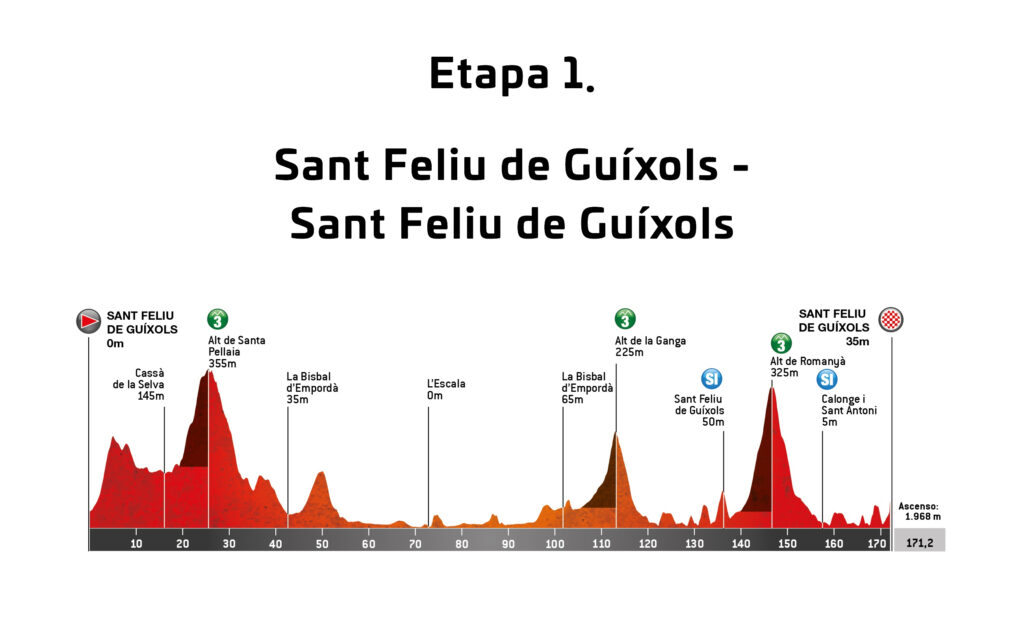
© Volta Catalunya
The Volta a Catalunya 2022 starts with a stage of 172.2 kilometers with start and finish in Sant Feliu de Guíxols. The Volta thus begins a relationship with the city of Empordà as the Grand Départ of the race for two years, and it will do so with a leg-breaking route through the Gavarres massif that promises thrills from day one, the trend of the past persistent for years.
2nd: Tuesday, March 22. L'Escala - Perpinya (202.4 km)
© Volta Catalunya
The second stage will bring many novelties: L'Escala will host a stage of the Volta for the first time and will mark the start of a 202.4km day that will take the cyclists to Perpignan, where the Catalan race has not run for 67 years has stopped. A historic event that will continue in the third stage, in which the capital Rosselló will be the start and prelude to the high mountain stages.
3rd: Wednesday, March 23. Perpinya - La Molina (161.1 km)
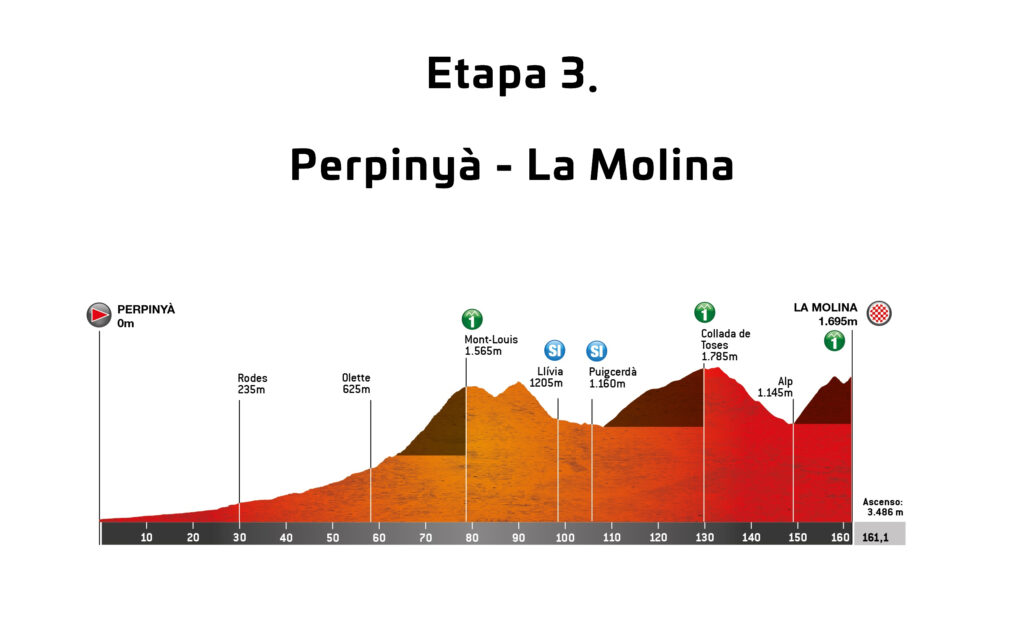
© Volta Catalunya
La Molina, a modern classic of the Volta, will judge on this third day, with three first category mountain passes in its 161.1 kilometers set to determine the general classification.
4th: Thursday, March 24. La Seu d'Urgell - Boi Taull (103.2 mi / 166.7 km)
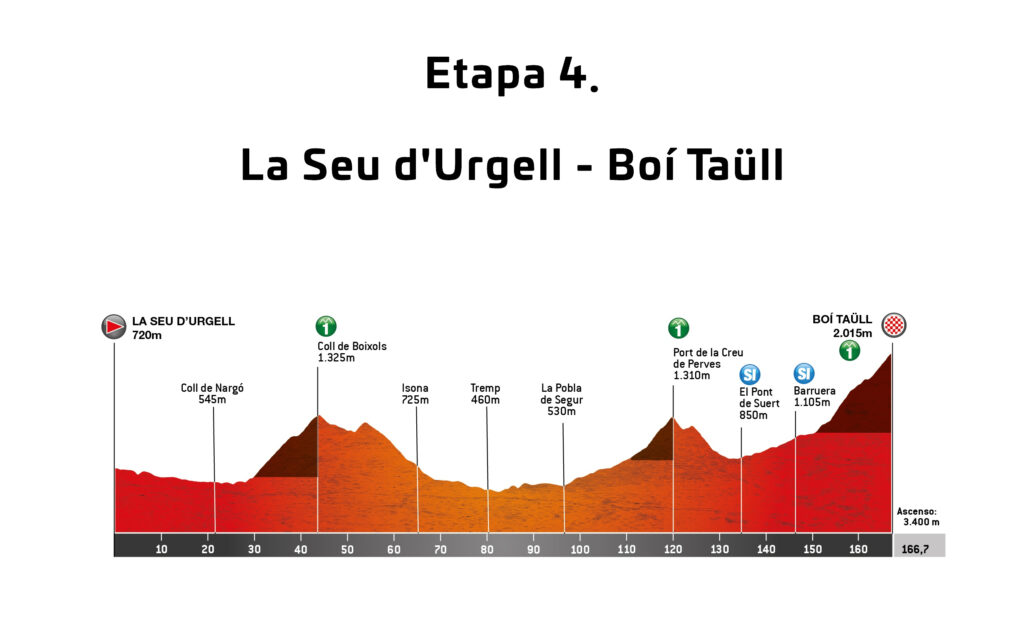
© Volta Catalunya
The high mountains will also play a major role in the fourth stage, with 166.7 kilometers and three more first category mountain passes between La Seu d'Urgell and the ski resort of Boí Taüll, which returns to the race route 20 years after its last presence. the Volta and Catalunya.
5th: Friday, March 25. La Pobla de Segur - Vilanova i la Geltru (206.3 km)
The longest stage of the race will be the fifth, which will connect La Pobla de Segur with Vilanova i la Geltrú over a 206.3 kilometer course that will give the sprinters the best chances.
6th: Saturday, March 26. Costa Daurada (Salou - Cambrils) (167.6 km)

© Volta Catalunya
The sixth stage will have a real mid-mountain profile on a course that shows the cycling potential of the Costa Daurada. The route will be 167.6 kilometers long, starting in Salou and finishing in Cambrils, on a route with three mountain passes that will cross the interior of the Serra del Montsant and the Muntanyes de Prades mountain range.
7th: Sunday, March 27. Barcelona - Barcelona (138.6 km)
© Volta Catalunya
Finally, as has become tradition, the Volta is concluded with a final stage that starts and ends in Barcelona. The capital of Catalonia will again be the final stage with an explosive 138.6 kilometers course where anything can happen, both in the battle for victory and in the final classification, especially with the six final climbs on the iconic Castell de Montjuïc.
Would you like to read more about cycling?
Sign up for the newsletter and receive the latest news.


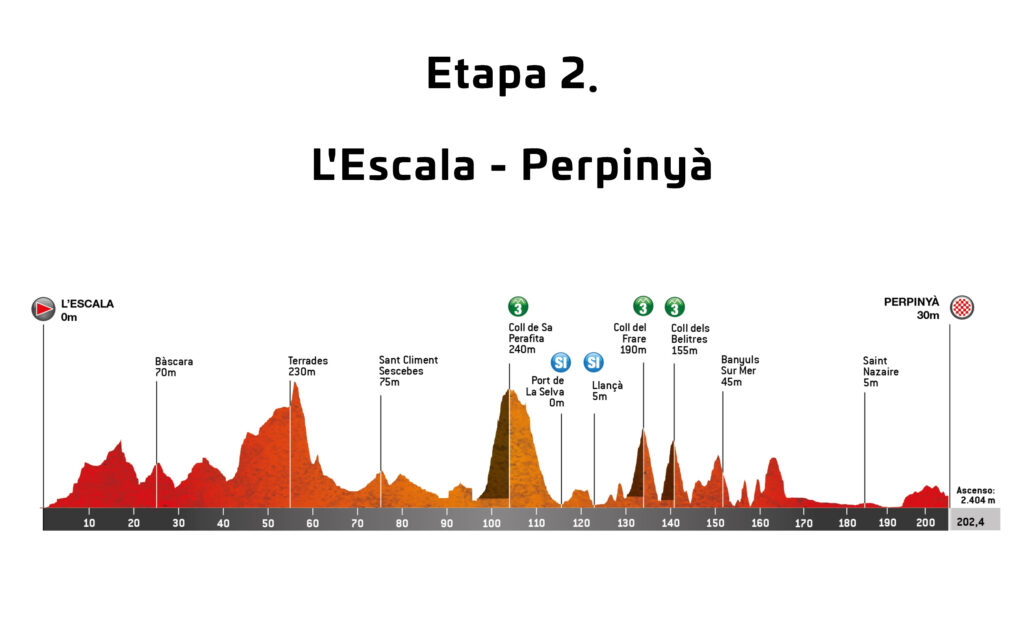
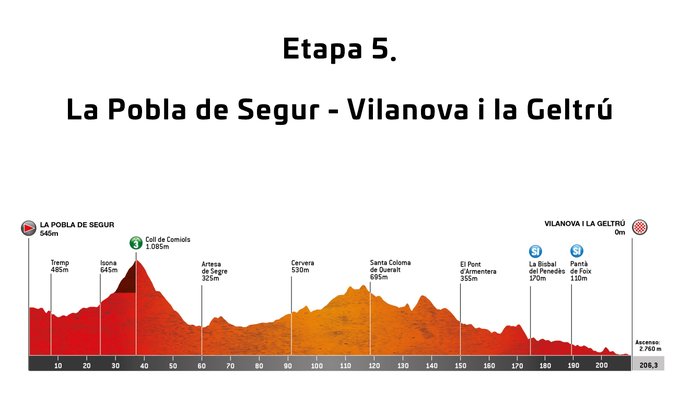



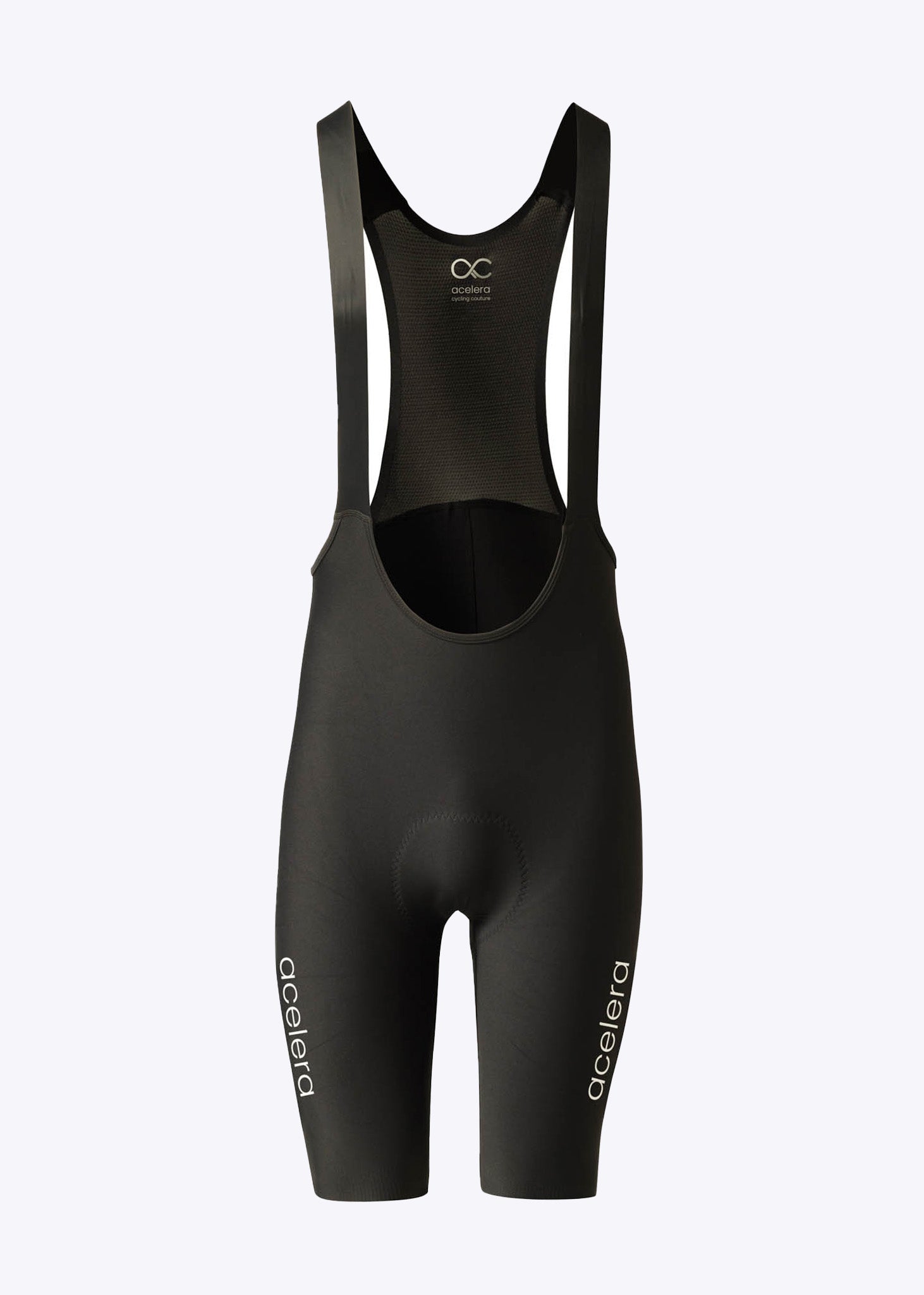
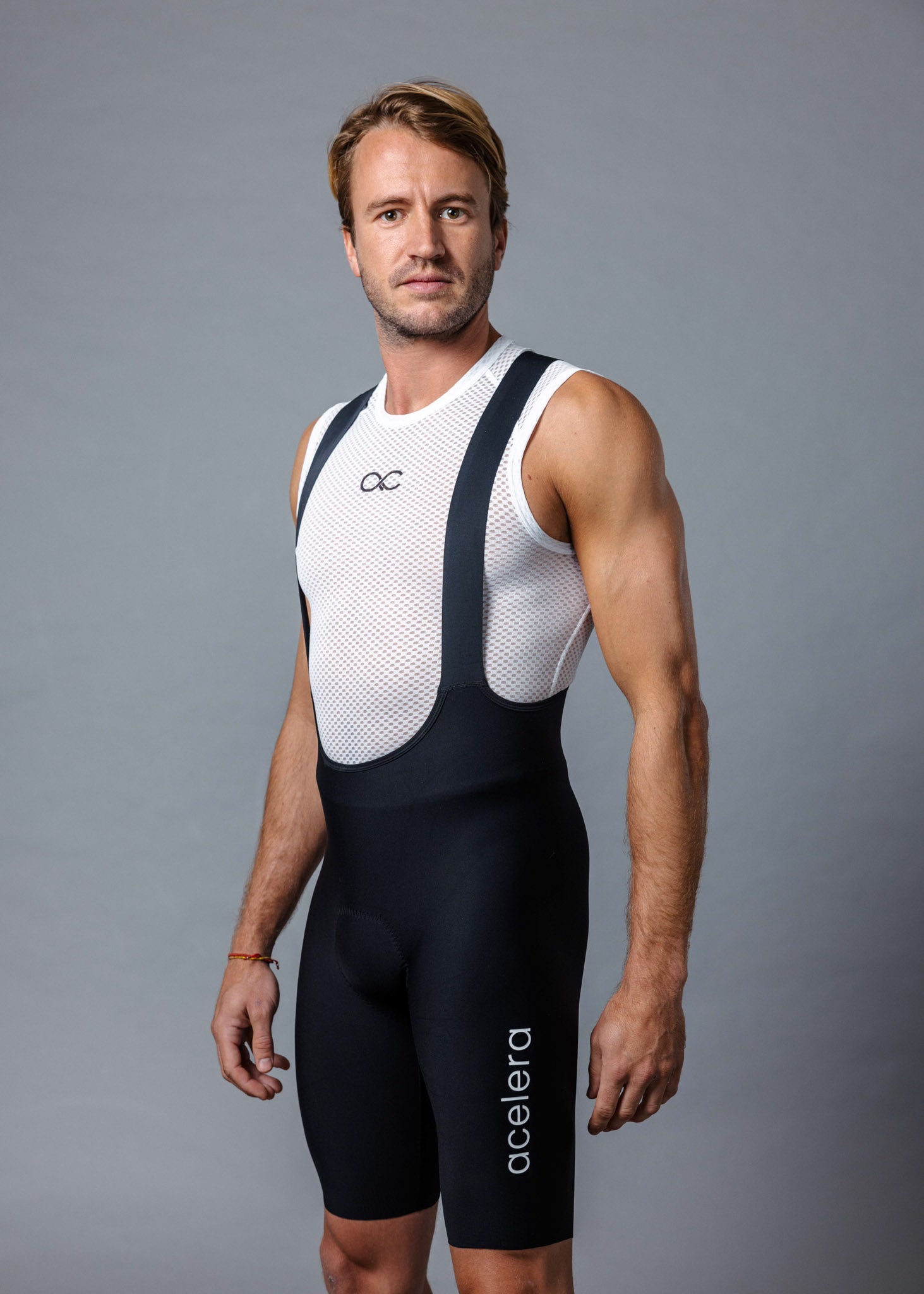


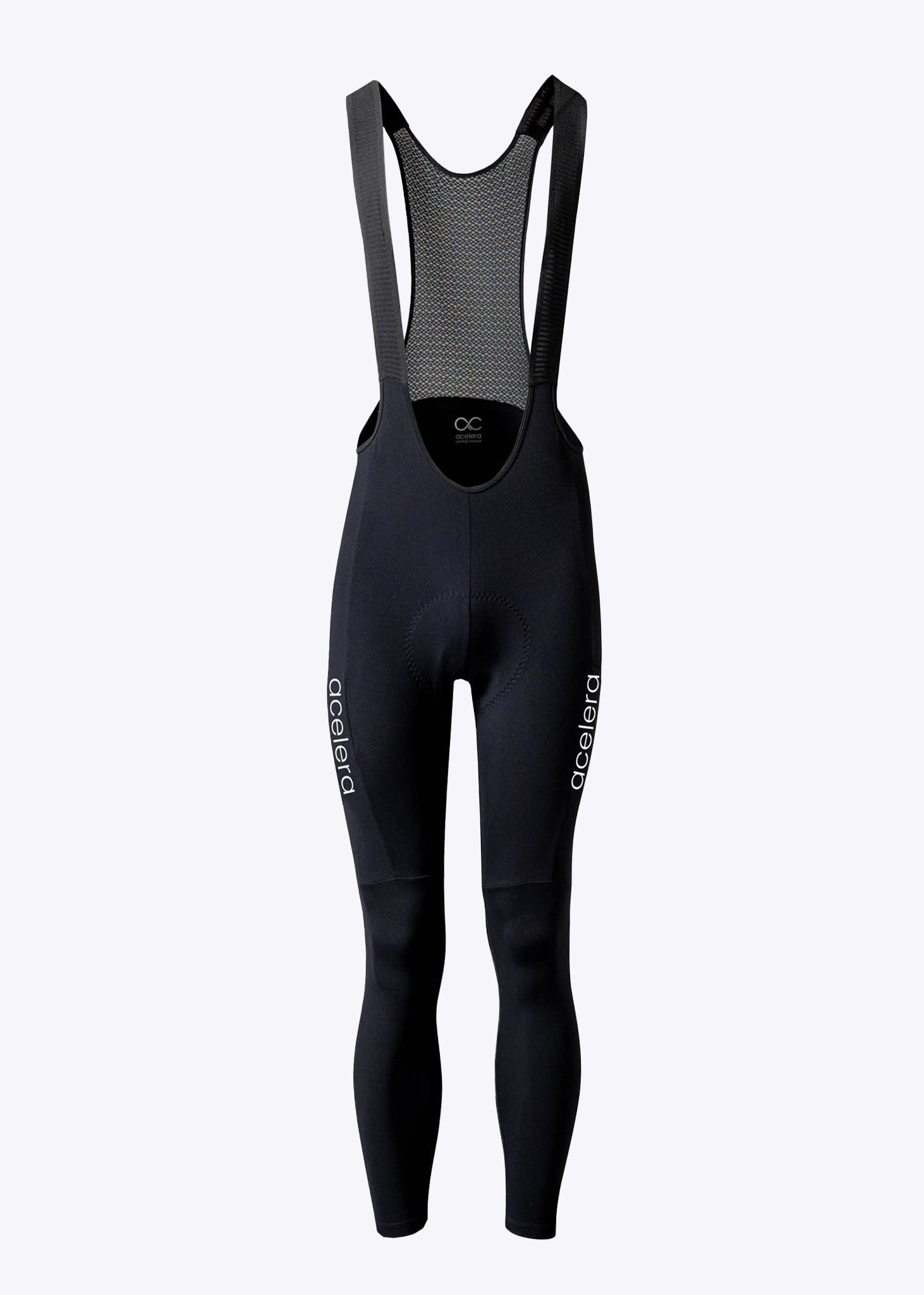
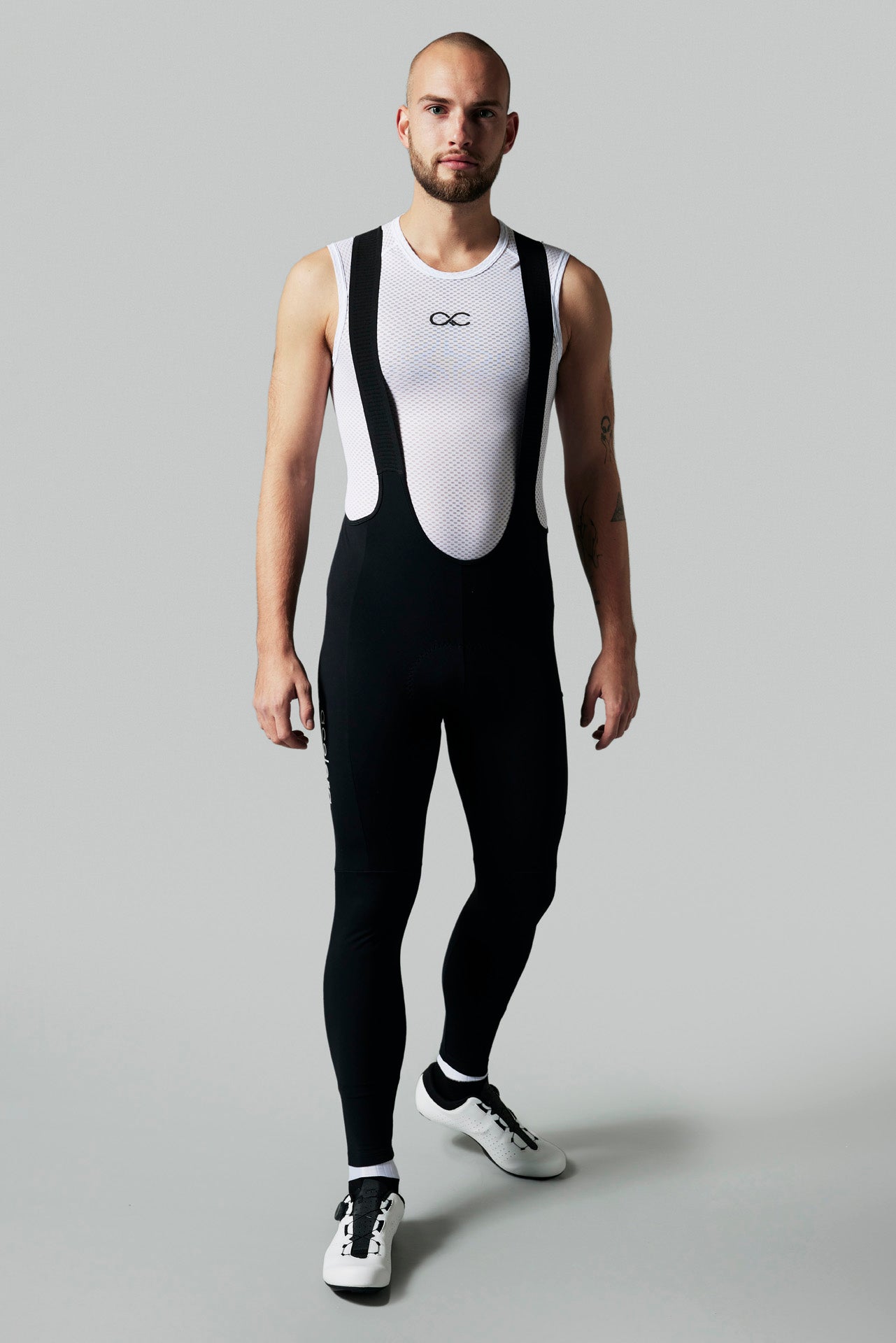


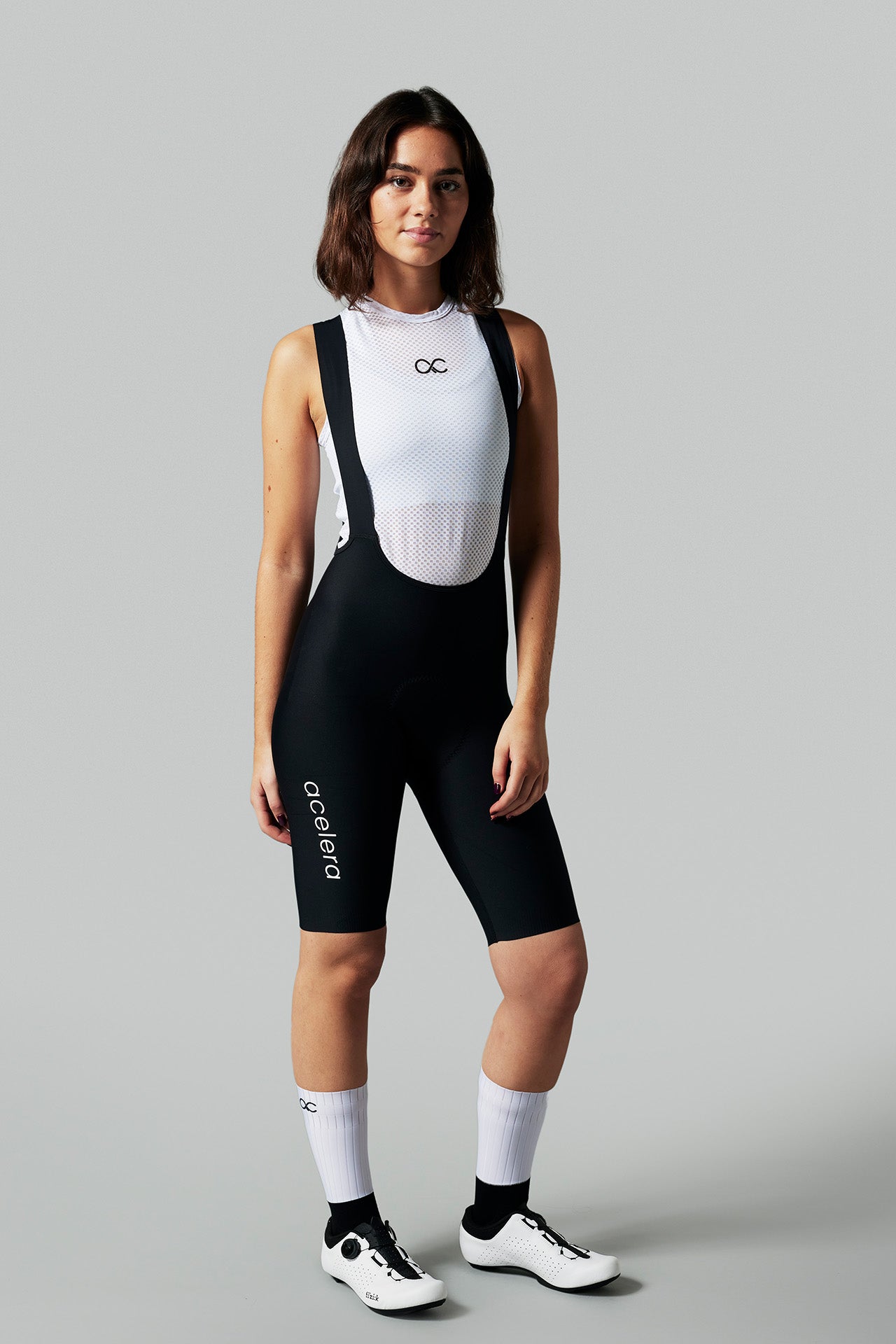
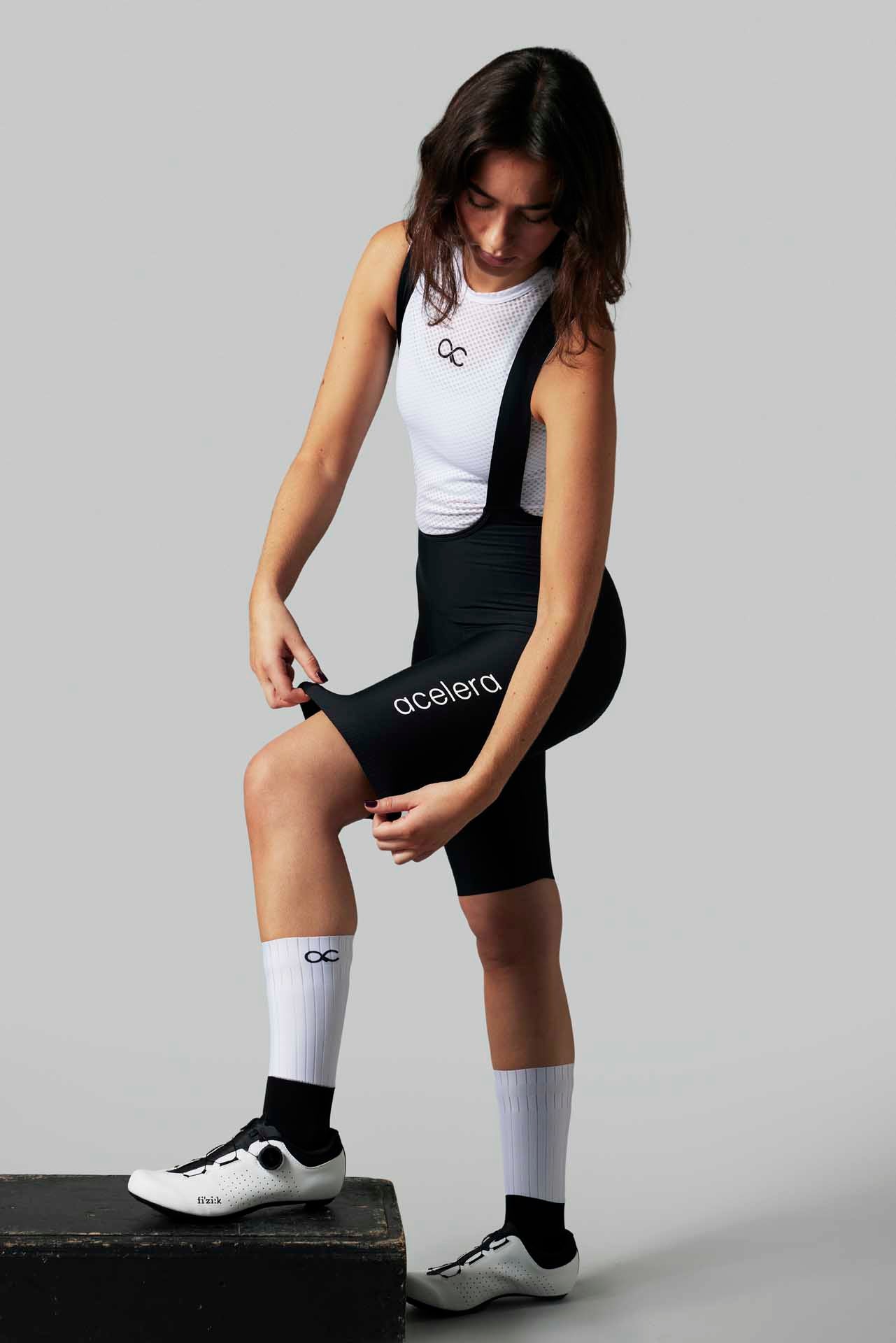
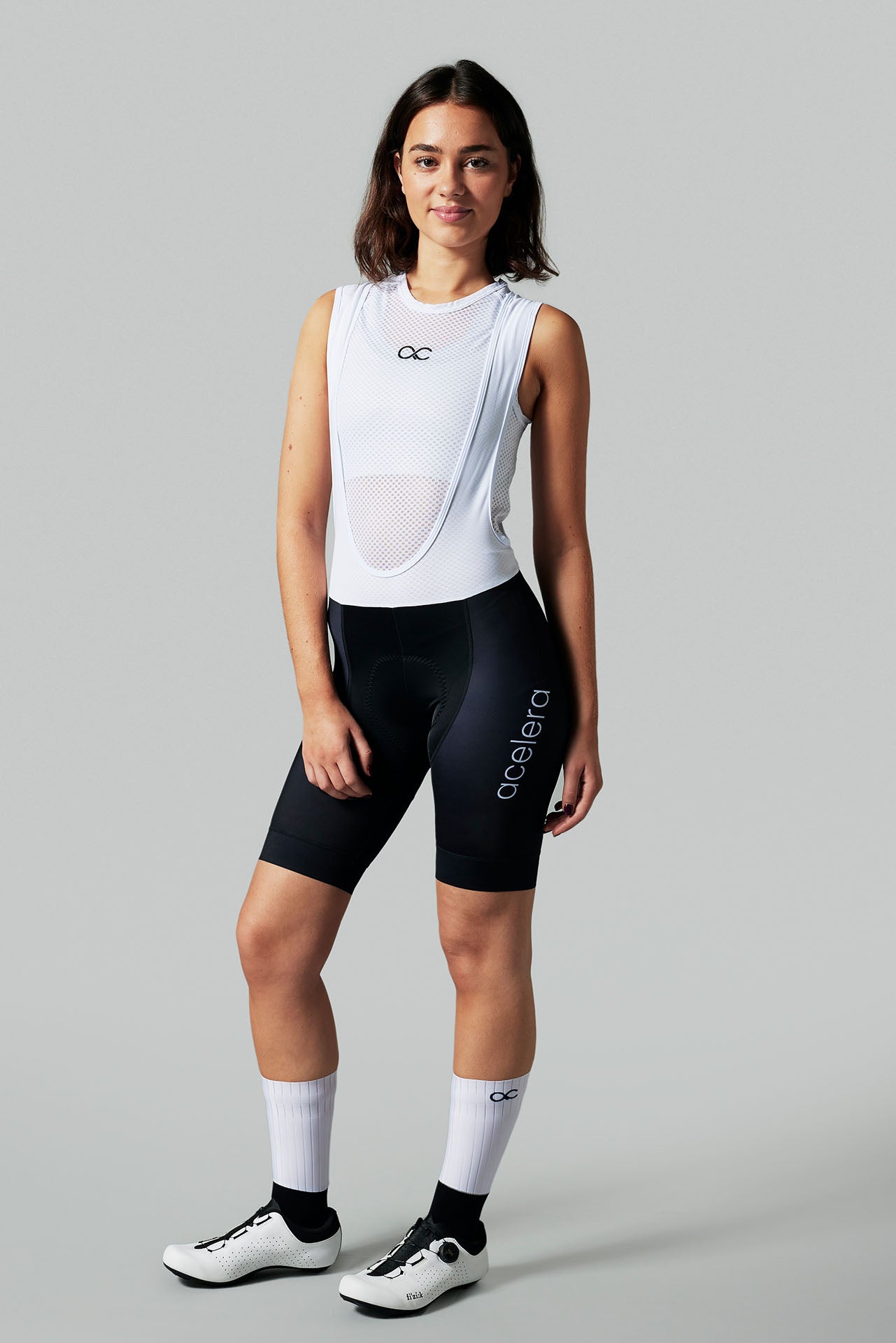
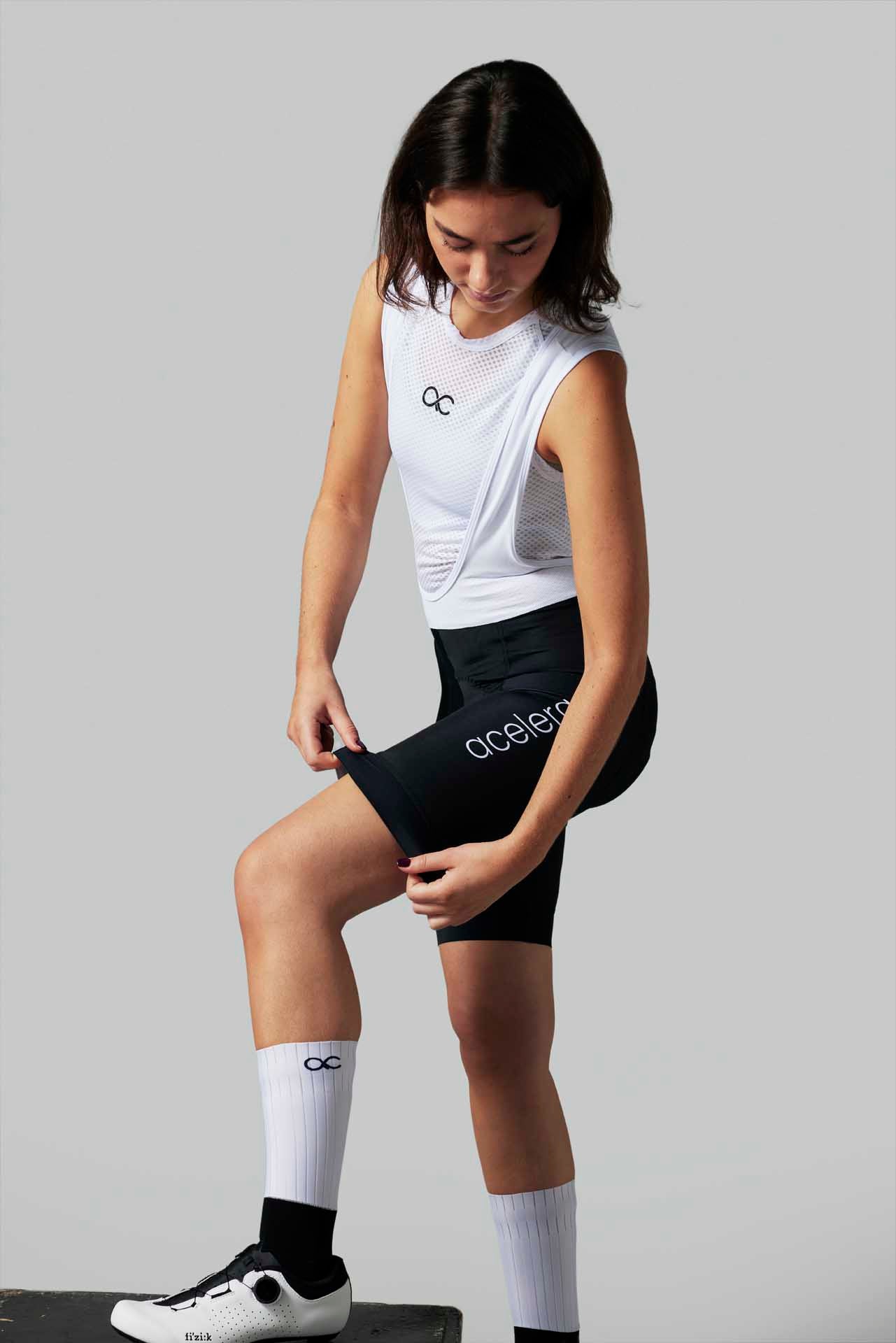


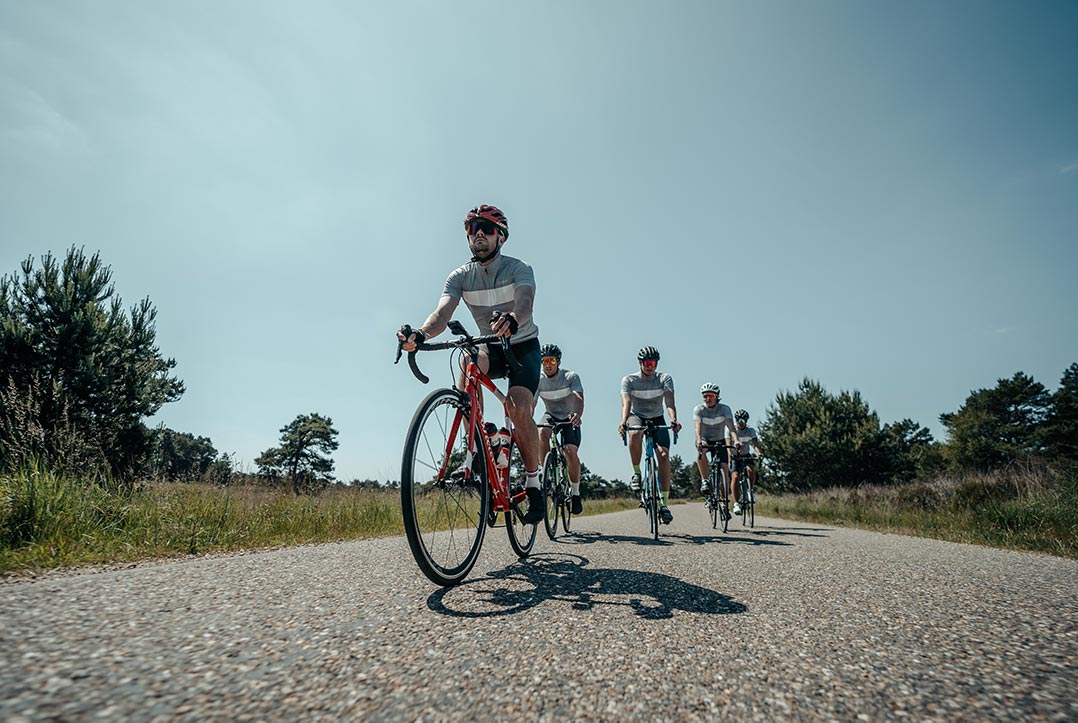
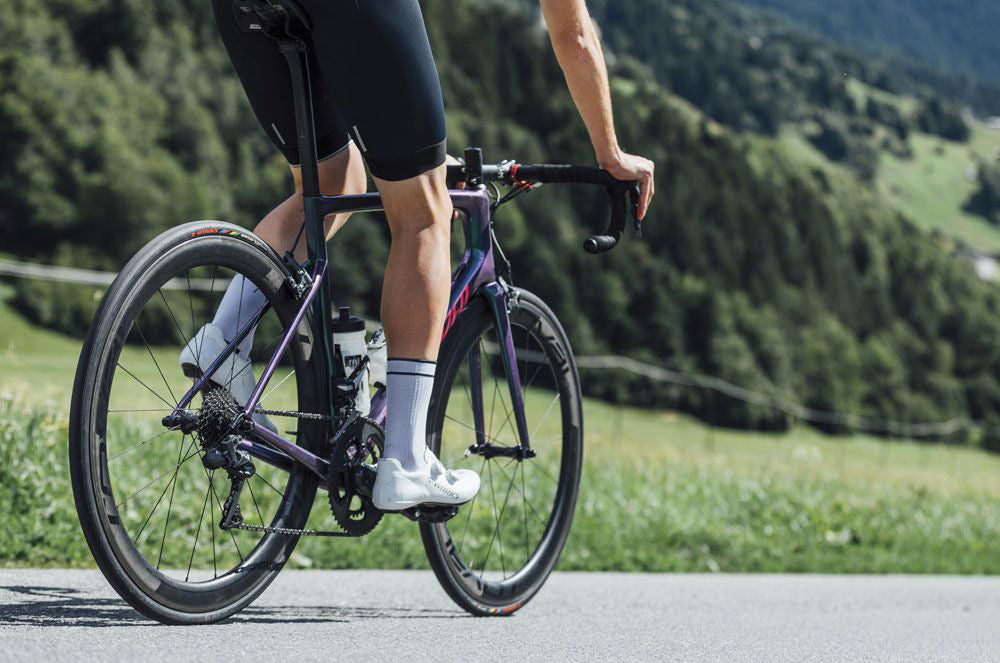
Leave a comment
This site is protected by reCAPTCHA and the Google Privacy Policy and Terms of Service apply.